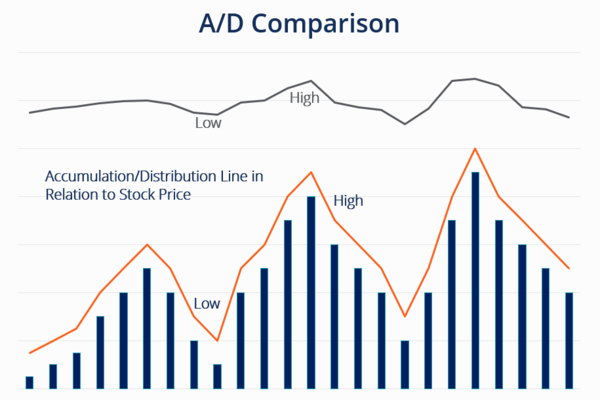Global Forex Regulator - Promoting Fair Trade
2023-09-12
 Summary:
Summary:
Regulating the forex market is vital for fairness, transparency, and safeguarding investor rights and interests.
The regulation of the foreign exchange market is a key component in ensuring
fairness, transparency, and protecting the rights and interests of investors in
transactions. Before we start foreign exchange trading, it is crucial to
understand the regulatory agencies in the foreign exchange market and their
roles. In this article, we will introduce some of the world's most important
foreign exchange regulatory agencies.
The main responsibilities of foreign exchange regulatory agencies
include:
-
Supervise the legality of foreign exchange trading institutions'
operations. Ensure that these institutions comply with relevant laws and
regulations to maintain the legitimacy and stability of the market.
-
Supervise the trading order of the foreign exchange market: ensure the
fairness and transparency of the trading process in the foreign exchange market,
and prevent manipulation and fraudulent behavior.
Protect the financial security and rights of investors: Ensure that
investors receive fair trading treatment and prevent fraud and misconduct.
Next, let's learn about some of the world's most important foreign exchange
regulatory agencies.
-
FCA (UK Financial Conduct Authority)
FCA (Financial Conduct Authority) is a financial regulatory body in the UK,
established in 2013. It is responsible for regulating the financial market in
the UK to ensure market fairness, protect consumers, and maintain financial
stability. The FCA regulates banks, insurance companies, Securities, brokers,
and other financial institutions to ensure compliance with laws and regulatory
rules and to provide fair financial services to consumers. The FCA also
addresses market issues and corrects misconduct through complaint handling and
regulatory procedures.
-
ASIC (Australian Securities and Investments Commission)
ASIC (Australian Securities and Investments Commission) is an independent
government agency in Australia, established in 1991. The main responsibility of
ASIC is to regulate Australia's securities and financial markets to ensure
market fairness, protect the rights of investors and consumers, and maintain
financial stability. ASIC regulates banks, insurance companies, securities
brokers, businesses, and other financial institutions in Australia to ensure
compliance with laws and regulatory rules and to provide fair financial services
to investors and consumers. The Australian ASIC is recognized as one of the most
protective financial regulatory systems for investor rights in the world.
-
NFA: National Futures Association of the United States
The NFA (National Futures Association) is a non-profit futures regulatory
organization established in 1982 in the United States. The main responsibility
of the NFA is to regulate the futures market in the United States to ensure a
fair, honest, and transparent trading environment and to protect the rights and
interests of investors. The NFA manages futures brokers and traders in the
United States and regulates their behavior. He also maintained a set of rules
requiring futures brokers to disclose financial information, comply with risk
management requirements, and strictly enforce customer funds.
-
Japan Financial Agency
The Financial Services Agency of Japan is an independent government agency
established in 2000. It regulates banks, insurance companies, securities,
brokers, and other financial institutions in Japan to ensure market fairness,
protect investors' rights, and maintain financial stability.
-
FINMA (Swiss Financial Market Supervision Authority)
FINMA (Swiss Financial Market Supervisory Authority) is an independent
regulatory agency in Switzerland, established in 2007. FINMA is responsible for
regulating the financial market in Switzerland, including banks, insurance
companies, securities, brokers, and other financial institutions, to ensure
market fairness, protect investors' rights, and maintain financial
stability.
Foreign exchange market regulatory agencies in various countries
around the world have their own characteristics, but their goals are to ensure
market fairness and transparency and protect the rights and interests of
investors. When choosing foreign exchange brokers, it is recommended to
prioritize those regulated by highly developed financial countries and regions,
as these regions typically have stricter regulations and higher security.
Understanding the role of regulatory agencies and the regulatory licenses of
brokers is the first step to becoming a wise foreign exchange trader.
Disclaimer: This material is for general information purposes only and is not intended as (and should not be considered to be) financial, investment or other advice on which reliance should be placed. No opinion given in the material constitutes a recommendation by EBC or the author that any particular investment, security, transaction or investment strategy is suitable for any specific person.






